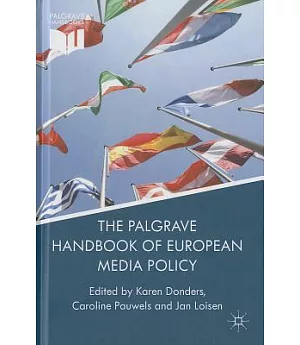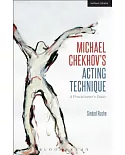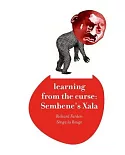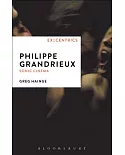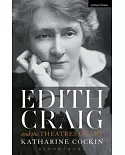European institutions affect the day-to-day functioning of film, television, radio and the Internet. Their ’meddling’ with media provokes many tensions, most importantly with member states
including France, Germany, Belgium and Hungary. In addition, Europe’s intervention is often deemed overly economic in approach, focusing on the success of an internal market - to the
detriment of public interest objectives such as pluralism, diversity and universality. This handbook sheds light on these tensions through state-of-the-art, scientific contributions on
various domains of European media policies. The overall aim of this handbook is to explore key concepts and theoretical approaches to European media policy: its historical development;
specific policies for film, television, radio and the Internet; competition law and its effect on the media sector; and international aspects of the fragmented policy domain.

